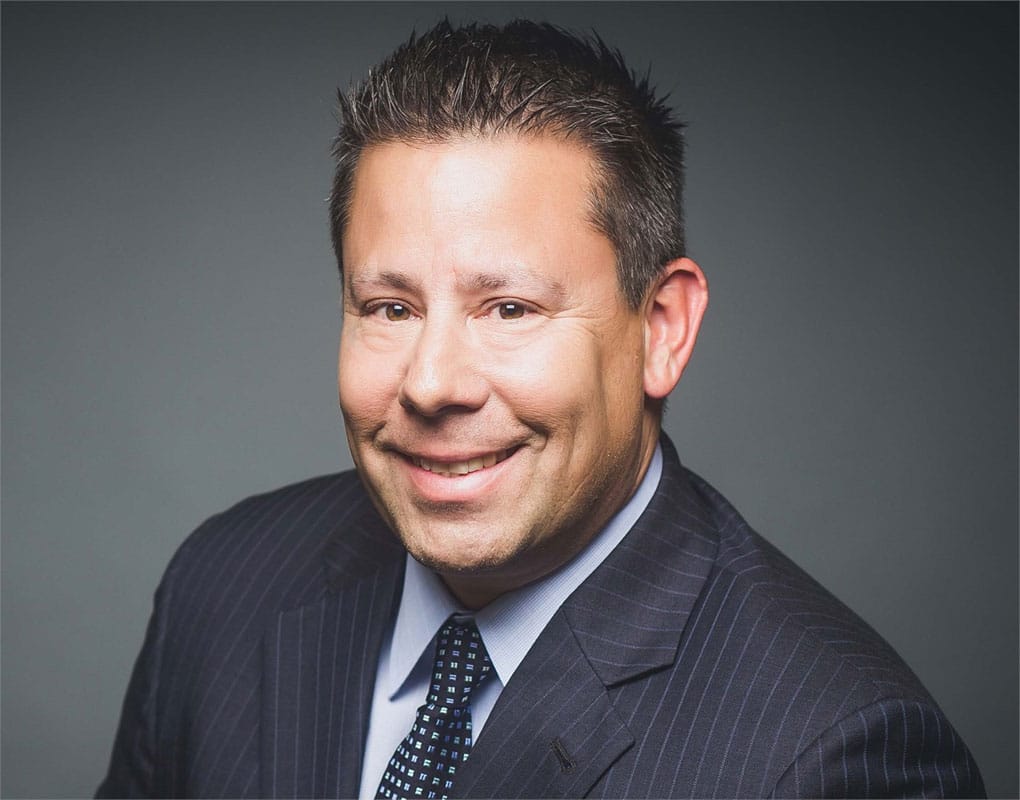Looking back at the dark days at the beginning of the COVID-19 crisis, it seems like a long time ago already. So much happened so quickly, and all of it was new to everyone. I know I worked out of my “bunker” for weeks and weeks; heck, the basement dining table where I set up my operations is still a bit of a mess, but life also resumed for the most part, making the quarantine seem like a distant memory.
Unfortunately COVID-19 is not, however, a distant memory. It is an on-going challenge destined to have material impacts on our public life and personal behavior for some time to come. These changes in both public and private behavior will no doubt impact our collective economic activity as well. The trillion-dollar question, of course, is how, and to answer this question we have to use some data, some trends and ultimately some common sense.
Investors in general grapple with this question and the factors driving it every day in the markets. In my opinion, there is really two distinct issues related to this pandemic.
First, there is the virus itself, for which information and knowledge continues to emerge and be refined. From the early times wrought with rumor and misinformation to the current day filled with greater understanding, much has been revealed. While this subject is best relegated to the realm of medical experts, some components are more personal in nature. After all, we all make a myriad of health-related personal decisions on a daily basis.
ADVERTISING
Do I get up and go to the gym? Do I have a burger or a salad? Do I have another beer? Each of us has a different tolerance for health-related risks, and COVID-19 behavior is no exception. When do I wear a mask? How crowded is too crowded in a restaurant, bar, gym or church? Do we still shake hands? These are now all relevant questions, the answers to which will depend on individual interpretation of public health advice, personal risk tolerance and oddly in some cases political pre-disposition.
Aggregately, all of us are making our own decisions in this regard every day. How these millions of individual decisions will impact the economy is still a murky topic. I believe investors, through financial markets, have largely discounted the answer to this question. While markets abhor uncertainty, in the absence of any clarity at all, sometimes uncertainty is simply disregarded.
The second issue is how governments at various levels react to the virus. The initial government reaction in early March was nearly universal. With limited exceptions, public life was shut down, offices, restaurants, gyms, bars and churches all went dark. From an economic perspective this mass quarantine was potentially catastrophic, fortunately it was also temporary and life eventually resumed.
The new wild card investors are now facing involves the next level of government reaction to the virus, because while we are no longer sheltering at home, COVID-19 is still very much among us.
According to CDC data, new cases of COVID-19 have nearly doubled since the low in early June. Some of this increase in infections can be attributed to greater testing, some may be attributable to the mass gatherings resulting from social unrest, but the largest driver of this trend is no doubt the resumption of “normal” life around the nation. So, if normal life leads to COVID-19 infection, the questions must be asked, is the government going to lock us down again, and if so, what will this mean to our economy?
Fortunately, governments appear to be learning as well. While mass lock-downs seemed justifiable early in the pandemic, government response to new infection trends is emerging as much more targeted and limited in scope, protecting the vulnerable and attempting to control mass infection behavior when possible.
This measured government response, combined with plummeting fatality rates due to improving treatment protocols, is making COVID-19 a less important driver of markets and investor behavior. I believe the COVID-19 headlines will continue to be scary for months to come, and I for one take this virus very seriously. As an investor, however, I am moving on to other things. I am ready to figure out, what comes next.
Opinions are solely the writer's and are for general information only and are not intended to provide specific advice or recommendations for any individual. Stock investing involves risk, including loss of principal. Marc Ruiz is a wealth advisor and partner with Oak Partners and registered representative of LPL Financial. Contact Marc at marc.ruiz@oakpartners.com. Securities offered through LPL Financial, member FINRA/SIPC.


